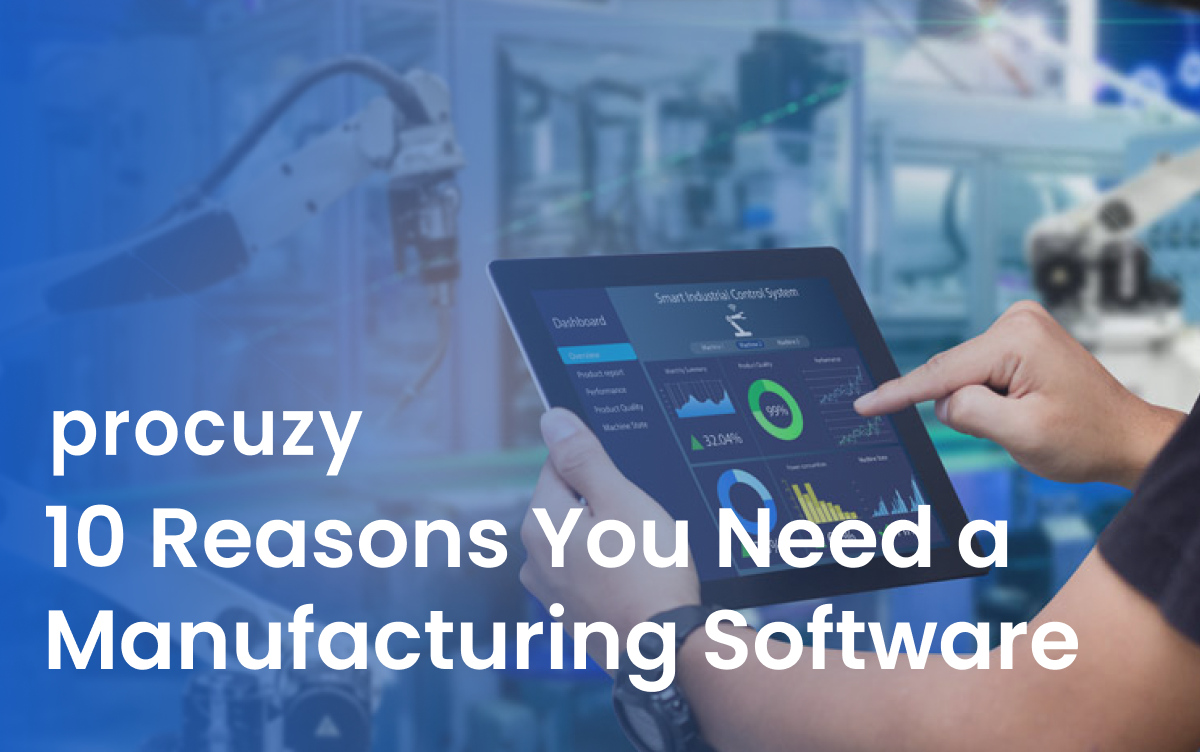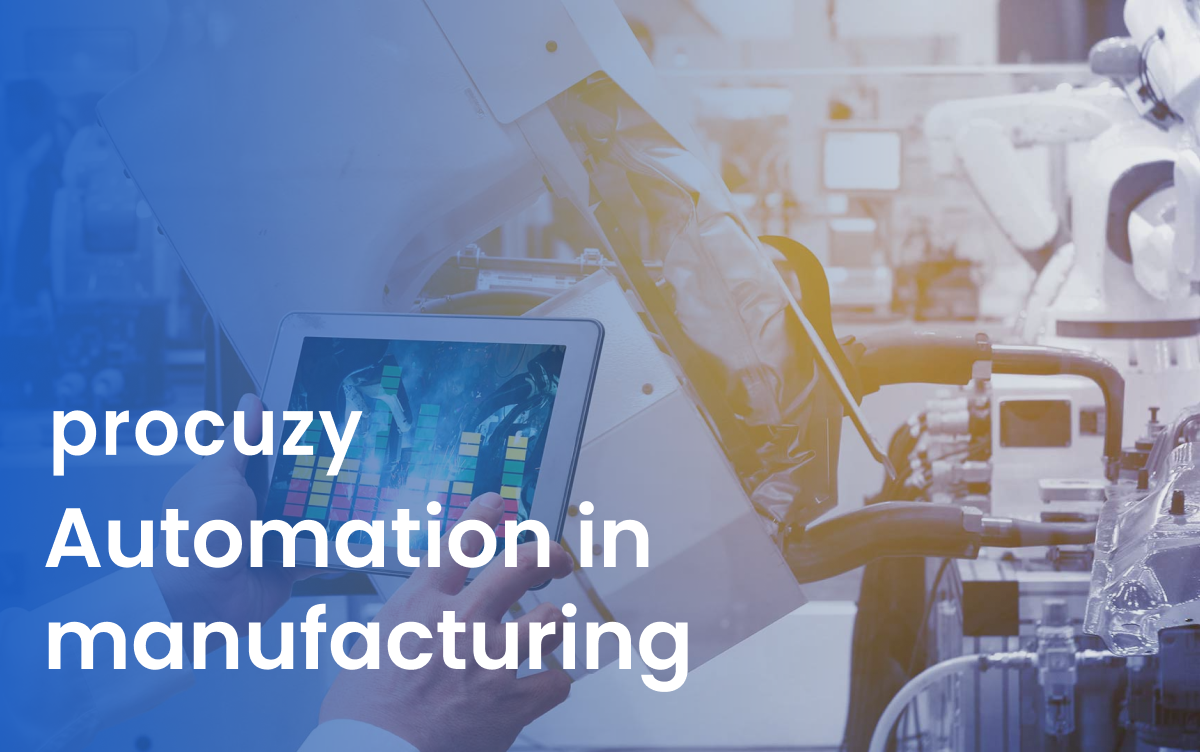
In the manufacturing industry, efficiency and productivity are key to success. To stay competitive in the market, businesses need to leverage technology that optimizes their operations. One such technology is a Manufacturing Execution System (MES). In this article, we will explore the top 10 reasons why implementing an Manufacturing Software is crucial for manufacturing companies.
1. Introduction
Manufacturing Execution Systems (MES) are software solutions that enable manufacturers to monitor and control their production processes in real-time. These systems provide valuable insights into the shop floor operations, enabling businesses to make informed decisions and optimize their manufacturing processes.
2. Real-Time Production Visibility
One of the key benefits of implementing a manufacturing software is the real-time visibility it provides into the production process. With a manufacturing software in place, manufacturers can monitor the status of each production order, track material consumption, and view the progress of each work order in real-time. This visibility allows businesses to identify bottlenecks, address issues promptly, and make adjustments to ensure smooth operations.

3. Enhanced Quality Control
Quality control is a critical aspect of manufacturing. A manufacturing software helps manufacturers ensure that products meet the required quality standards by providing comprehensive quality control features. These features include real-time monitoring of quality parameters, automated data collection, and statistical process control. By leveraging a manufacturing software manufacturers can reduce the risk of defects, minimize rework, and ultimately improve customer satisfaction.
4. Streamlined Production Planning
Efficient production planning is essential for meeting customer demands and optimizing resource utilization. An MES facilitates streamlined production planning by providing accurate and up-to-date information on order status, resource availability, and production schedules. This enables manufacturers to optimize their production plans, balance workloads, and ensure on-time delivery.
5. Efficient Resource Management
Optimizing resource utilization is crucial for minimizing costs and maximizing productivity. An MES helps manufacturers achieve efficient resource management by providing visibility into resource availability, utilization rates, and performance metrics. With this information at their fingertips, businesses can identify underutilized resources, improve scheduling, and make data-driven decisions to optimize resource allocation.
6. Improved Traceability and Compliance
Traceability and compliance are critical in industries with strict regulatory requirements. An MES enables manufacturers to track each component, material, and process involved in the production cycle, ensuring full traceability. This traceability not only helps in complying with regulations but also facilitates effective recall management and quality control.
7. Minimized Downtime and Production Delays
Downtime and production delays can significantly impact manufacturing operations and profitability. An MES helps minimize downtime by providing real-time alerts and notifications for equipment maintenance and breakdowns. With proactive maintenance and timely repairs, manufacturers can reduce unplanned downtime, increase equipment uptime, and ensure uninterrupted production.
8. Effective Inventory Management
Inventory management is a critical aspect of manufacturing. An MES provides manufacturers with accurate and real-time information on material availability, consumption, and stock levels. This visibility enables businesses to optimize inventory levels, reduce carrying costs, and prevent stockouts or overstock situations. With an MES, manufacturers can maintain optimal inventory levels, improve cash flow, and enhance overall operational efficiency.
9. Data-Driven Decision Making
In today's data-rich world, leveraging data for decision making is crucial for success. An MES collects and analyzes real-time data from various sources, such as production machines, quality control systems, and inventory management tools. By leveraging this data, manufacturers can gain valuable insights into their operations, identify trends, and make data-driven decisions to optimize production processes and drive continuous improvement.
10. Integration with Other Systems
An MES is not a standalone system but can integrate with other enterprise systems, such as Enterprise Resource Planning (ERP), Customer Relationship Management (CRM), and Supply Chain Management (SCM) systems. This integration enables seamless data flow across different departments, eliminates data silos, and facilitates end-to-end visibility and collaboration. Integration with other systems enhances efficiency, reduces manual data entry, and improves overall business performance.
Procuzy - A Leading Manufacturing Execution System
When it comes to investing in an MES, Procuzy stands out as a reliable and efficient choice. Procuzy is a top-tier Manufacturing Execution System tailored for businesses of all sizes, enabling them to manage their manufacturing processes more effectively and efficiently. Here are some reasons why Procuzy is an excellent choice for your MES needs:
Comprehensive Functionality
Procuzy provides a comprehensive suite of functionalities that cover all the aspects of manufacturing operations. From real-time production visibility to efficient resource management, Procuzy's feature-rich platform caters to all the critical needs of a manufacturing enterprise. This ensures that businesses have all the necessary tools to manage and optimize their operations in one place.
User-Friendly Interface
Procuzy comes with a user-friendly interface that is easy to navigate, enabling users to quickly familiarize themselves with the platform. This reduces the learning curve and ensures that your team can start using the system effectively right from the start.
Seamless Integration
Procuzy can seamlessly integrate with other business systems such as shopify and Tally This interoperability facilitates the smooth flow of data across various departments, eliminating data silos, and promoting better collaboration and decision-making within the organization.
Advanced Analytics
Procuzy's advanced analytics capabilities allow businesses to gain real-time insights into their operations, identify trends, and make data-driven decisions. With Procuzy, you can monitor key performance indicators (KPIs), track production progress, and use analytics to drive continuous improvement in your manufacturing processes.
Flexible and Scalable
Procuzy is a flexible solution that can be tailored to meet the unique needs of your business. Whether you're a small-scale manufacturer or a large enterprise, Procuzy can scale to match your operational requirements. This scalability ensures that as your business grows, Procuzy grows with you, providing you with the robust functionality you need to manage your expanding operations.
In conclusion, Procuzy is an excellent Manufacturing software that offers a comprehensive, user-friendly, and scalable solution for your manufacturing needs. With its advanced features and capabilities, Procuzy not only improves the efficiency and productivity of your operations but also empowers you to make data-driven decisions that drive business growth.
Conclusion
Implementing a manufacturing software offers numerous benefits for manufacturing companies. From real-time production visibility to enhanced quality control, streamlined production planning to efficient resource management, an MES transforms manufacturing operations and drives continuous improvement. By embracing this technology, businesses can stay competitive, optimize their resources, and deliver high-quality products to their customers.


